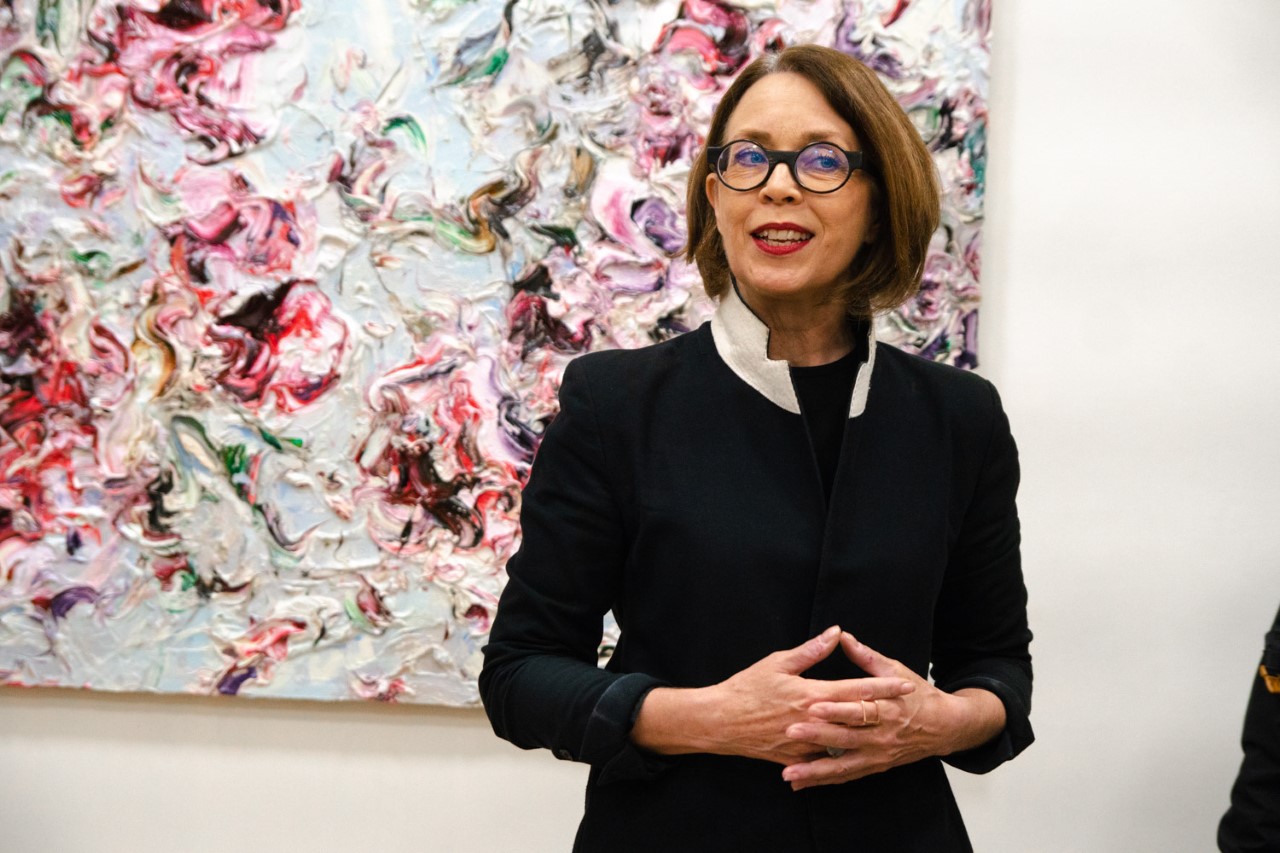

Students who enroll at John Cabot University receive a high-quality, innovative education in the heart of the Mediterranean. Receiving an education in the beautiful city of Rome can be beneficial to students of any discipline, but classical studies majors find the location particularly desirable.
When studying classical studies in Rome, students can do things they’re physically unable to elsewhere. Studying within the former heart of the ancient Roman Empire can deepen, enrich, and broaden a classical studies education in unprecedented ways. It also can be a great advantage on a person’s CV, opening doors to educational and professional opportunities.
Professor Inge Hansen, a Classical Archaeologist and Ancient Historian teaching at John Cabot University, is especially suited to explaining the benefits of studying in Rome. After achieving an MA and PhD from the University of Edinburgh, she moved to Rome to work directly with the material she had studied. In Rome, she has worked on several international excavations. Read on for her thoughts on why the city is the perfect location to take classical studies courses.

Why Rome Is so Significant to Classical Studies
In a lot of ways, Rome—more than any other city—is synonymous with our ideas of ancient civilizations and the empires of the past. There is a good reason behind this, says Professor Inge Hansen: “Without the idea of Rome there would be no classical studies. The study of the classical world is a phenomenon that grew out of the Italian Renaissance in a lot of ways.” The 15th and 16th century cultural revolution, with its rich, moody paintings and the depth of its philosophical and mathematical progress, also gave us this reflective and interdisciplinary tradition.
Looking backwards to learn from our predecessors would be much less fruitful if the Italian capital were excused from our vision. “Rome was the capital of a huge empire, so it contains a richness in terms of artifacts, buildings, and individuals that were a part of significant historical events,” Professor Hansen says. There’s a significant depth of knowledge that can be excavated from the territory of the former empire while studying classical studies in Italy.
The Benefits of Taking Classical Studies Courses in Rome
Is reflection on ancient civilizations truly relevant to today’s world? Professor Hansen emphasizes that it is: “Classical studies opens you up to the cultural sensitivity that we need in our international world,” she says. “If you learn how to intellectually, critically, and empathetically engage with the ancients on their own terms, then you have every skill for working in a foreign office, as a political activist, or for an international NGO.”

As a field, classical studies is truly interdisciplinary, touching on history, archaeology, art, philosophy, politics, economics, literature, and language. The discipline grants students a flexibility and adaptability that’s valuable in the modern age, as well the ability to exercise cultural competence in the global community. “Rome is the world’s first globalized place, and studying it helps students to think in international ways,” Professor Hansen states. Being physically present in Rome opens many opportunities as well. “Rome has a privileged location in the center of the Mediterranean, so travel is encouraged. There are several courses where students can examine different cities,” Professor Hansen says. By studying an international ancient world while taking classical studies in Rome, students become adept at thinking globally and critically.
Why Classical Studies Students in Rome Love JCU
Classical studies students are particularly suited to attending school at John Cabot University. This isn’t just because of its valuable location in Rome, but also for how the institution is structured. “JCU has an extraordinarily international student body and faculty. In many ways, it is international and culturally interconnected just like the ancient world was,” Professor Hansen says. At JCU, this interconnectedness means an open, collaborative aspect to education.
“JCU’s small class sizes mean that students are active participants in shaping their learning experience,” Professor Hansen says. There is consistent, direct engagement between faculty and students, significantly adding to the quality of education. The education at JCU is especially suited to classical studies. “The programs at JCU are discussion-based, critical thinking-based, and there is a direct and hands-on element to the learning experience,” Professor Hansen says. The experiential and critical discipline of classical studies is especially open to this kind of beneficial learning environment.
Do you want to study classical studies in Rome?
Contact John Cabot University for more information!




